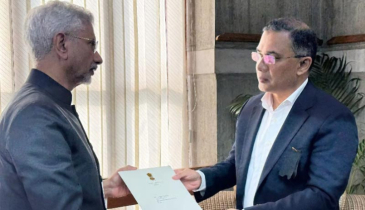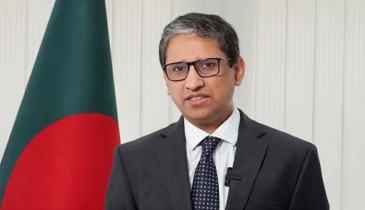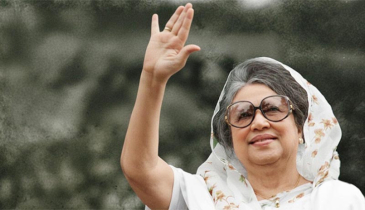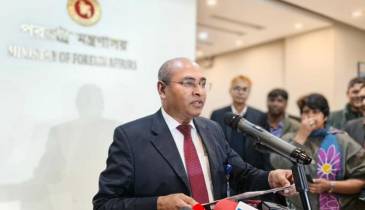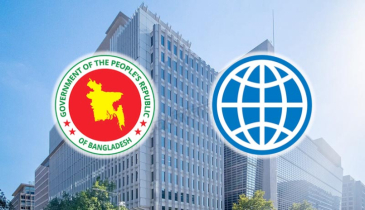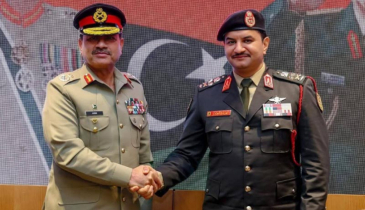Nepal new government seeks to balance ties with India, China
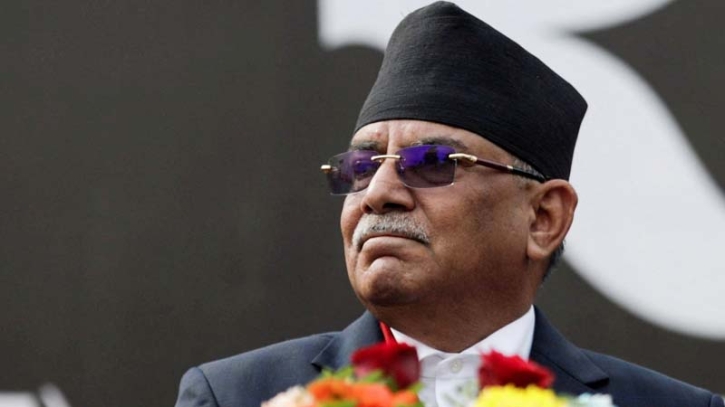
Nepal's new government, led by the former Maoist rebel chief, will try to balance relations with its immediate neighbours India and China as it seeks economic growth in one of the world's poorest countries.
Pushpa Kamal Dahal, unexpectedly became prime minister for a third time on Sunday after leaving his previous coalition and securing the support of the opposition Communist Unified Marxist-Leninist (UML) party and five other smaller groups. Previous month's election had returned a hung parliament.
Nepal is one of several South Asian nations where India and China both seek influence. India has long considered Hindu-majority Nepal, a Himalayan country of 30 million, as a natural ally based on their close historical relations and long open border.
'We'll maintain relationships of equi-proximity with both our neighbours,' Narayan Kaji Shrestha, a senior member of Prachanda's Maoist Centre party, told media. Shrestha was later named as a deputy premier.
We must immediately focus on containing inflation, maintain reserves, raise capital expenses, narrow the trade deficit and lower interest rates, he added.
India and China have poured billions of dollars in aid and investment into Nepal, which is rich in potential to generate hydroelectric power.
Indian Premier Narendra Modi, which is Nepal's biggest trade and economic partner, was one of the first foreign leaders to congratulate Prachanda on his appointment.
A Chinese embassy spokesperson in Kathmandu, in a Twitter post, also congratulated Pushpa Kamal Dahal.
Analysts said Nepal's 40 billion dollar economy, emerging from the Covid-19 pandemic, needed the immediate attention of the new government which must regain the trust of investors and businesses as well as boost production.
Inflation is at more than 8 percent, the highest in six years. Nepal also faces dwindling foreign exchange reserves, with an increasing dependence on imports of basic goods.
.png)


